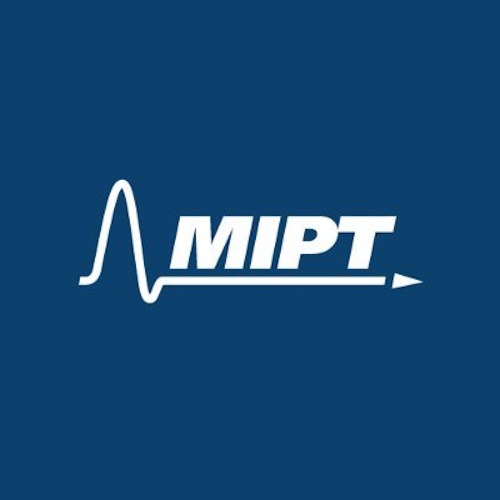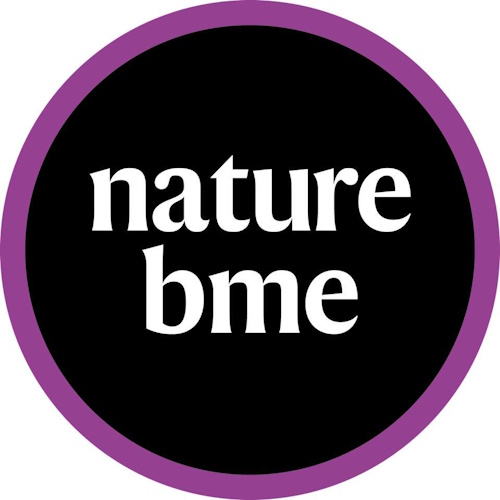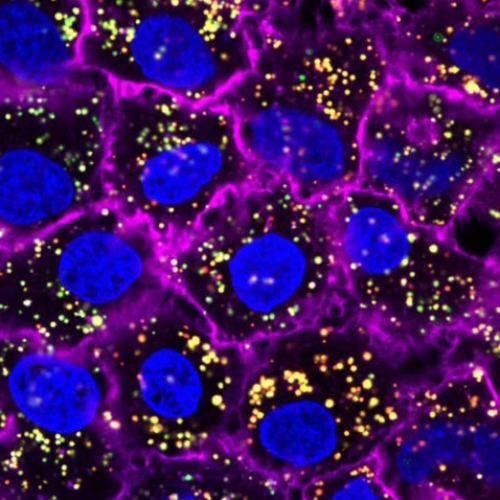Key points from article :
Main problem in using therapeutic nanoparticles is that the immune system clears them from the bloodstream in mere minutes or even seconds.
Majority of the dose will not come in contact with the target.
Injecting mice with RBC-specific antibodies keeps it busy, so less attention to clear the therapeutic nanoparticles.
Extended the blood circulation of nanoparticles dozens of times.
A mere 5% drop in RBC levels, which is half of that which qualifies as anemia.
Cytoblockade of the mononuclear phagocyte system was universally applicable - i.e. no modification required to nanoagents.
Enabled up to 23 times more efficient magnetically guided delivery of cancer therapy nanoparticles to a tumor.
Enhanced nanoparticle performance closely correlated with the prolongation of blood circulation time.
Anti-D antibodies used have long been approved for the treatment.
Research by the Moscow Institute of Physics and Technology, led by Maxim Nikitin, published Nature Biomedical Engineering.




